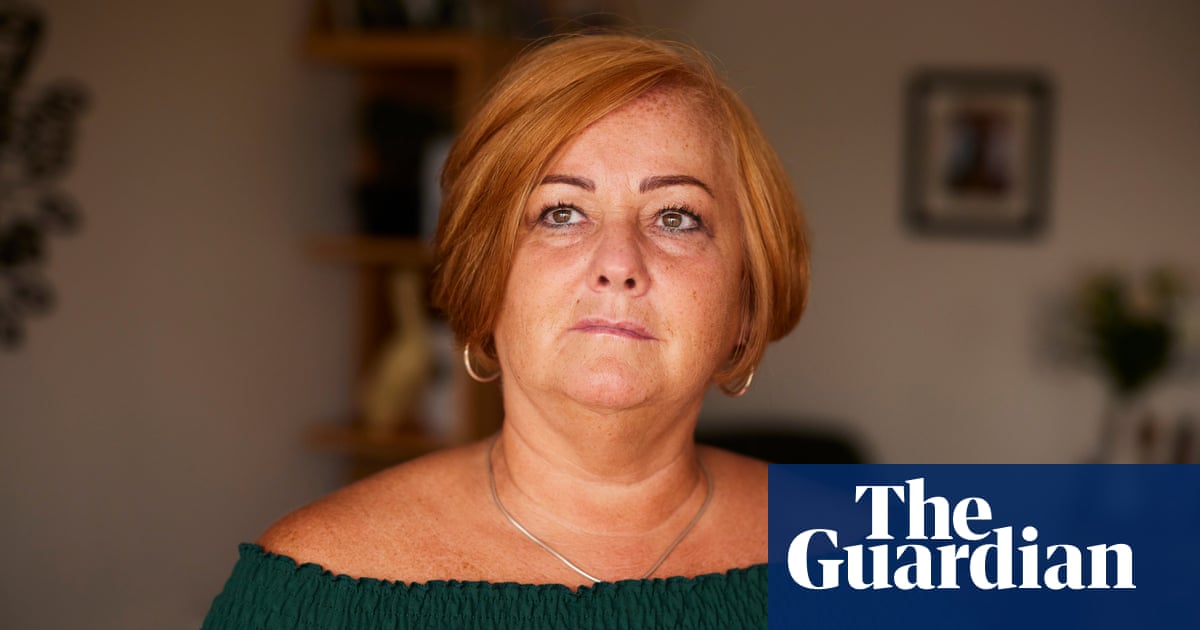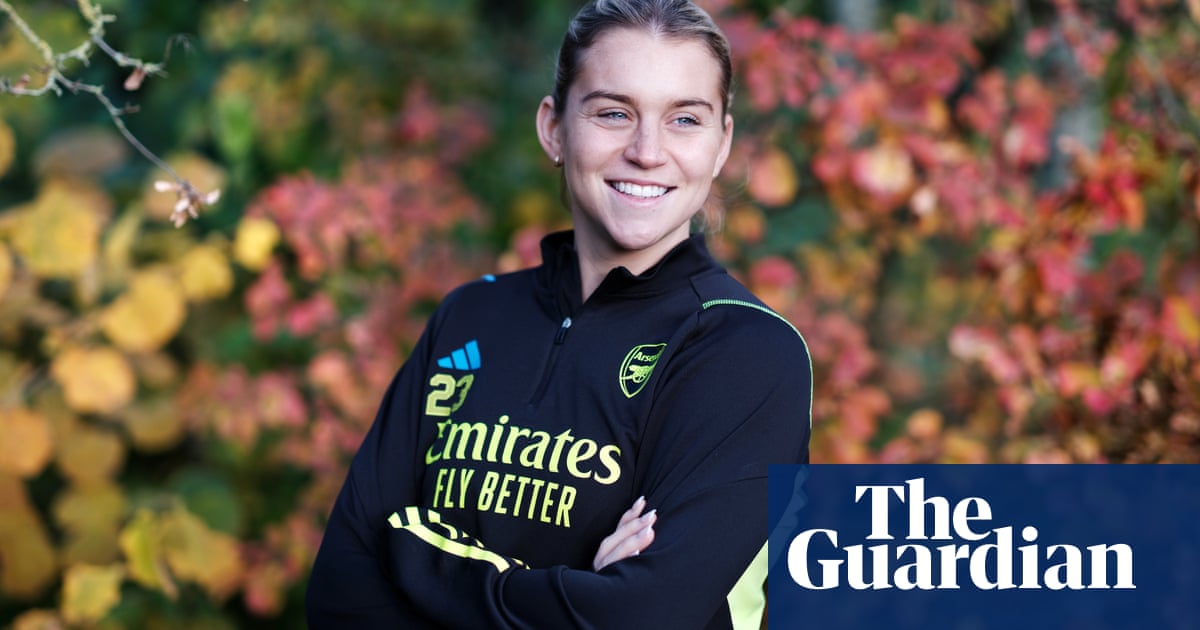
Maths: Dr Kit Yates
A senior lecturer in the department of mathematical sciences at the University of Bath, Yates has a PhD in Maths from Oxford and is the author of The Maths of Life and Death. So when he began home schooling his son Will, five, and daughter Emmie, seven, during lockdown, he was pretty confident he already knew everything they would be expected to learn in maths.
He was wrong. “I’d never heard of a ‘bar model’ or a ‘part-whole model’. I had to get my kids to teach me.” He was shocked by how many of these different, “intimidating” methods and models primary school children are expected to use to solve basic maths problems. “I’ve never needed to use them – you don’t need to know all these different mental models to do maths,” he says.
His daughter, he says, will master doing addition one way, but then has to do several lessons to learn addition using a completely different method. “It gets her to think: ‘Oh, I actually don’t know how to do this – I thought I did, but I don’t.’”
But what he really finds frustrating is the lying. The curriculum is forcing teachers to deliberately teach children lies, he says, which then have to be unpicked later. For example, after years of being taught there are no numbers between zero and one, his seven-year-old is suddenly expected to understand that there are such things as fractions.
“The idea that there are infinitely many numbers between zero and one is a really magical one,” says Yates. “And I think it’s never too early to introduce these concepts – they don’t need to be scary or difficult. I think they become difficult because we don’t talk about them early on – and then we suddenly introduce them. At that point, fractions and negative numbers are these really strange concepts. To understand them then, it requires children to make a huge paradigm shift and change their mental model of how these numbers work.”
Yet most children arrive at school knowing that you can cut an apple in half or share a packet of sweets. “It’s not like young kids don’t meet fractions and negative numbers in the real world – they just don’t learn about them in maths.”
This is not their teachers’ fault. “It’s not the teachers, who are working their socks off in this pandemic and doing a great job. It’s the curriculum.” The curriculum is forcing teachers to “store up problems for the future,” because what children learn at a young age shapes their understanding of maths as they get older. “We’re making a rod for our own backs by not teaching them these concepts sooner,” he says.
A “significant amount” of the work he does teaching first year undergraduates is merely “undoing the half-truths” students have been fed throughout their school days.
“Maths can be a really creative subject. I wish there were time built in to just explore.”
English: Erin Kelly
A bestselling novelist who teaches creative writing, Kelly says the English curriculum her seven-year-old is studying in lockdown is practically Dickensian in its pointlessness. “It’s not about the content of what they’re saying or its effectiveness. It’s about labelling every word in a sentence until the idea of language itself is just horrible to children.”
Home schooling her daughter, she has learned a lot about English grammar she never knew – but as a writer, she has found “nothing of value” in any of it. “We should be teaching persuasive language and how to engage a reader. Of course, children need to know what pronouns, adverbs and adjectives are – but it’s incredibly dissective, the way they are being taught. It’s about writing by numbers and hitting marks, rather than finding the most appropriate word for a situation,” she says.
She is full of admiration for teachers who, she says, have to be extremely creative in order to make grammar and punctuation seem interesting and relevant. “I’ve seen some brilliant teaching of my daughter. But her teacher is hamstrung by the material she has to teach. She does her best not to make it formulaic – but nothing can change the curriculum itself. To translate this curriculum into something that’s going to engage a child, especially when you’re not in the same room as them, is an impossible task I think.”
She hopes that other parents who have also observed just how “joyless” children’s learning and writing is will put pressure on the government to change the curriculum. “You don’t need to be a novelist to see how unhappy this is making our children.
“Yes, the building blocks of literacy are important, but what they are being forced to deal with goes far beyond that. It is borderline inhumane.”
Science:
Marcela Hernández Garcia
An environmental microbiologist and senior research associate at the school of environmental sciences at the University of East Anglia, she has been impressed by the science curriculum for her daughters, Matilda, six, and Emma, 10. “It’s been very positive. They are teaching them how to protect the environment.”
Matilda has been growing beans and learning about the ecosystem and the life-cycle of plants, while Emma has been writing letters to companies about the ecological impacts of palm oil production and deforestation. “I never expected that they would be learning such fantastic things at their age. It’s opening their minds and they are understanding how important it is to care for the environment. It’s teaching them to be responsible.”
She says her children have science lessons each day and enjoy them: “We can go to the forest and show the children how different communities will interact with plants, or worms in the soil, or birds in the trees. And I love it, that the children have the possibility to go outside and into the mud and interact with the environment – and at the same time they are learning about science and the ecosystem.”












